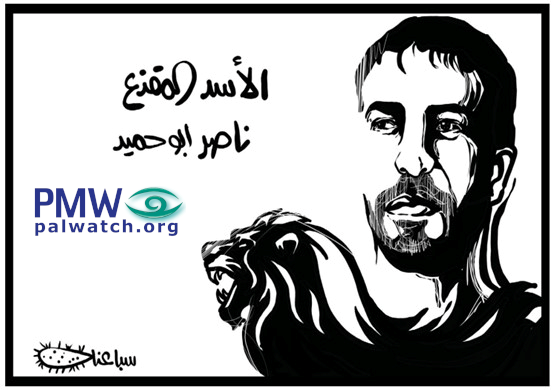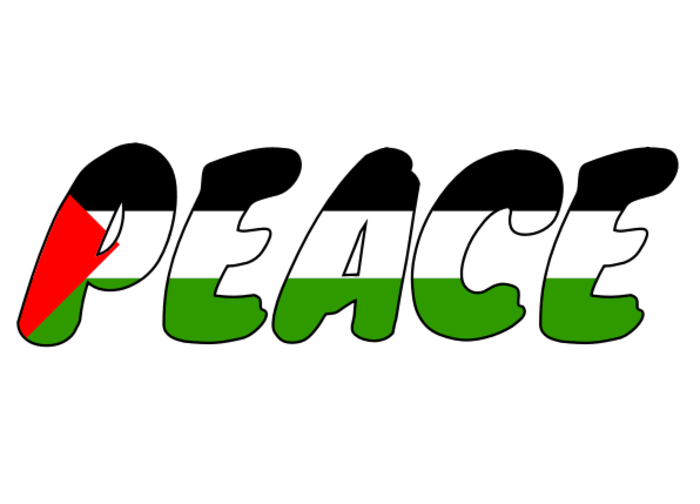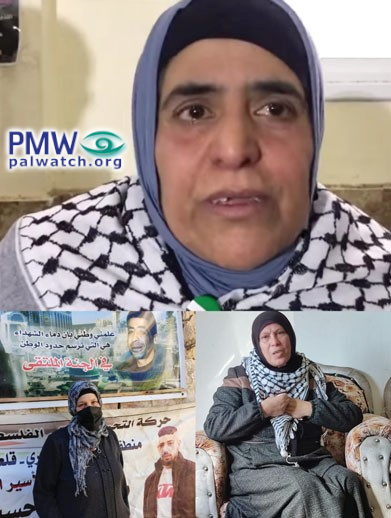In a Times of Israel
post published earlier in the week, we argued that, in addition to
the countless factual errors in Amnesty International’s report
accusingIsrael of ‘apartheid’, the NGO’s failure to even note decisions by Palestinian leaders that have perpetuated the conflict demonstrates that what they’re engaged in is not neutral ‘human rights’ advocacy, but anti-Israel advocacy.
The denial of agency to Palestinians was, we argued, evident in the report’s erasure of the wars and terror – and the Palestinian leadership’s
repeated rejection of peace offers – which significantly contributed to the current territorial, political and security situation.
The erasure of Palestinian responsibility and agency – be it in the ‘human rights’ community or the mainstream media – not only grossly distorts our understanding of the Israeli-Palestinian conflict, but also represents what’s been referred to as “the bigotry of low expectations” or, within another political context, “Woke Racism”. Both of these represent ways of describing the refusal to expect minorities, or any group deemed oppressed or disadvantaged, to meet the same standards of moral behaviour set for most people.
This isn’t to deny that such groups face real discrimination, only that they, like all individuals, have choices, and to judge their behavior by lower standards than we judge others denies their very humanity – racism in its most basic form.
So, what can Palestinians – and, especially, Palestinian leaders – do to contribute to peace and end the occupation? The sad fact is that this question is rarely even asked.
So, whilst the list below isn’t an exhaustive one, it represents a crucial paradigm by which to view, and judge commentary about, Palestinians and the choices they make.
These ideas also serve as a corrective to the historical amnesia which frames Israeli skepticism over Palestinian intentions – based on
the trauma of the 2nd Intifada, frustration over the PA’s
rejection of peace offers and the Palestinian culture of incitement – as
Israeli intransigence, the society’s ‘move right’ or increased racism.
- The Palestinian Authority can hold elections for the first time in 16 years.
- Palestinians can advocate for such elections to be held.
- The Palestinian Authority can begin the process of building transparent democratic institutions, and a healthy civil society, in preparation for statehood.
- Palestinians can advocate for this process to begin.
- The Palestinians Authority can cease promoting and incentivisingterrorism.
- Palestinians can advocate for the PA to cease such toxic propaganda.
- The Palestinian Authority can cease promoting antisemitism.
- Palestinians can reject antisemitism.
- The Palestinian Authority can announce they’re open to peace talks with Israel without pre-conditions.
- Palestinians can advocate for the PA to make such an announcement.
- The Palestinian Authority can encourage co-existence projects with Israelis
- Palestinians can volunteer to participate in such projects.
- Palestinians, of all stripes, can reject Hamas and all such groups which represent an immutable obstacle to peace.
(full article online)
In a Times of Israel post published earlier in the week, we argued that, in addition to the countless factual errors in Amnesty International's report accusing
camera-uk.org












